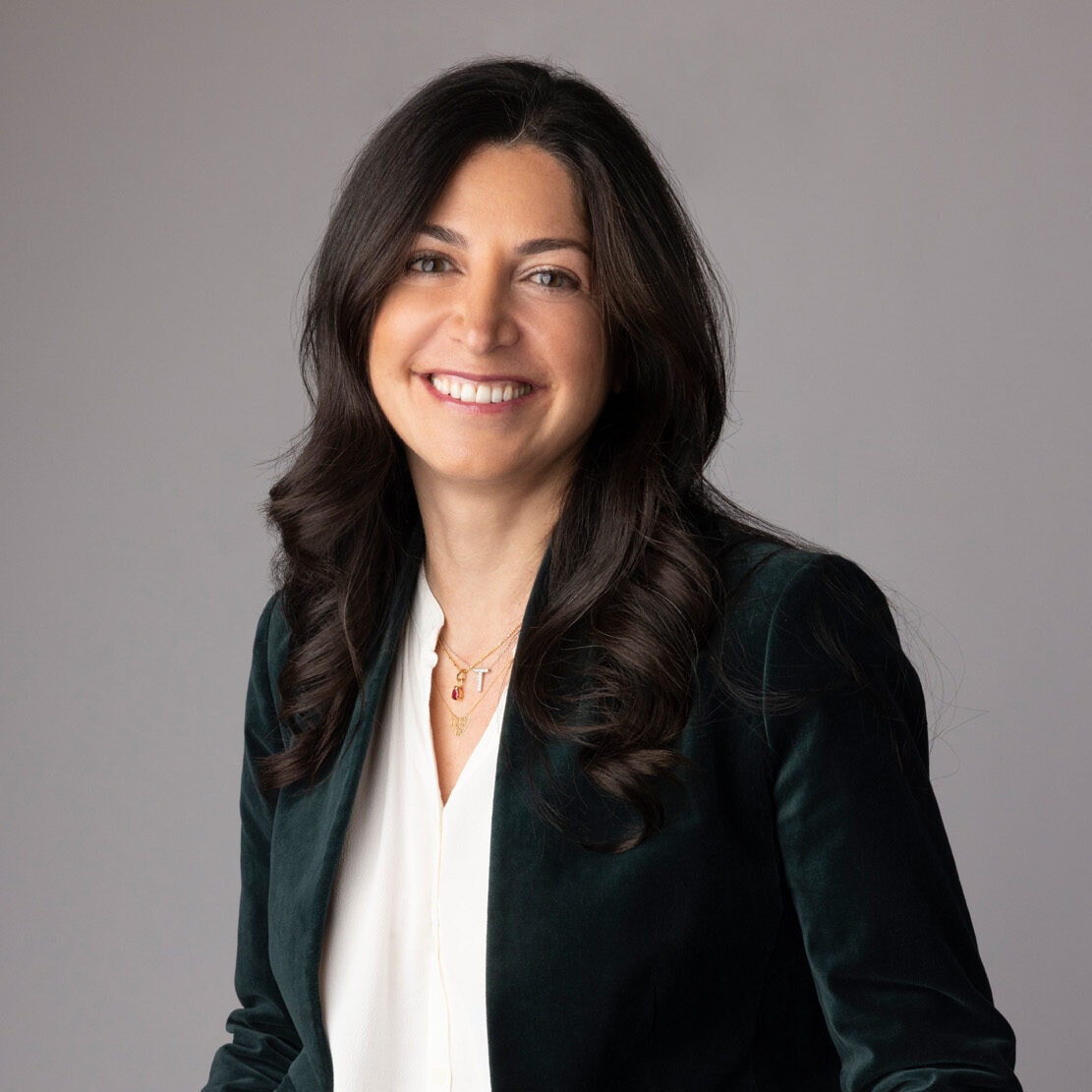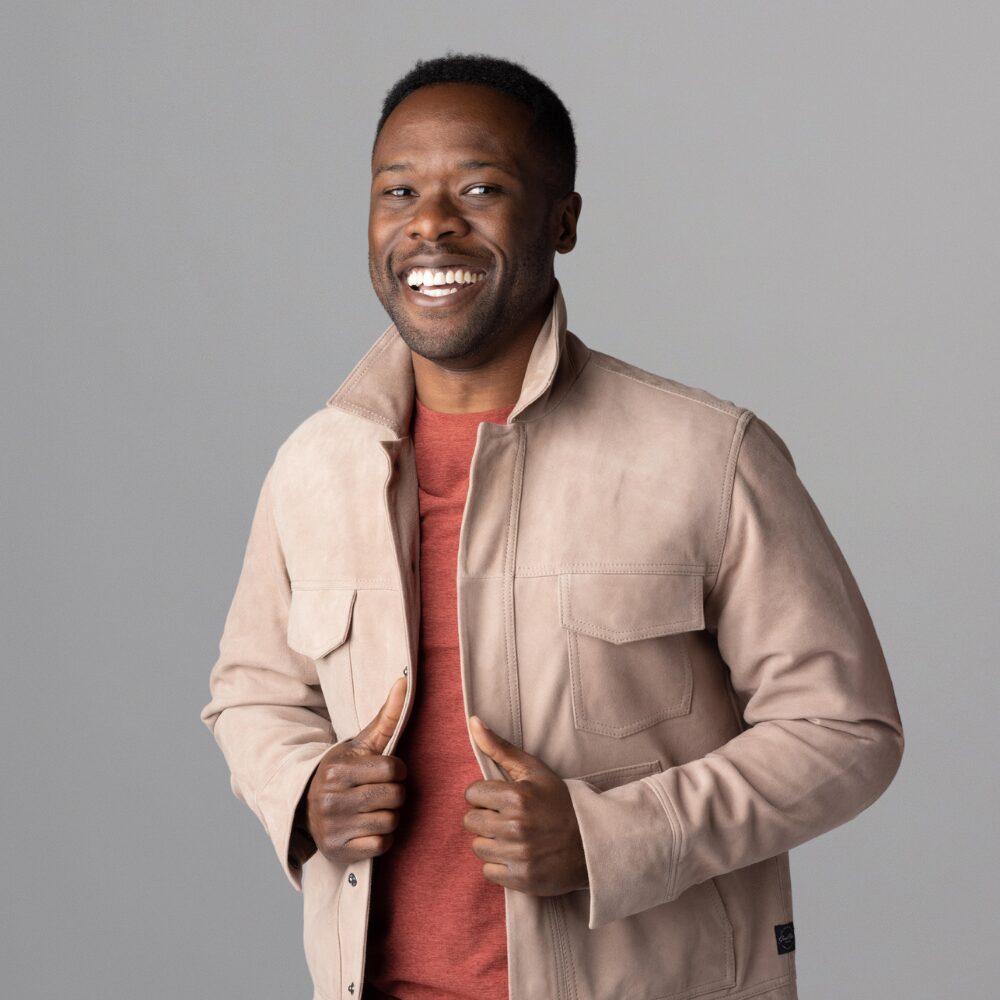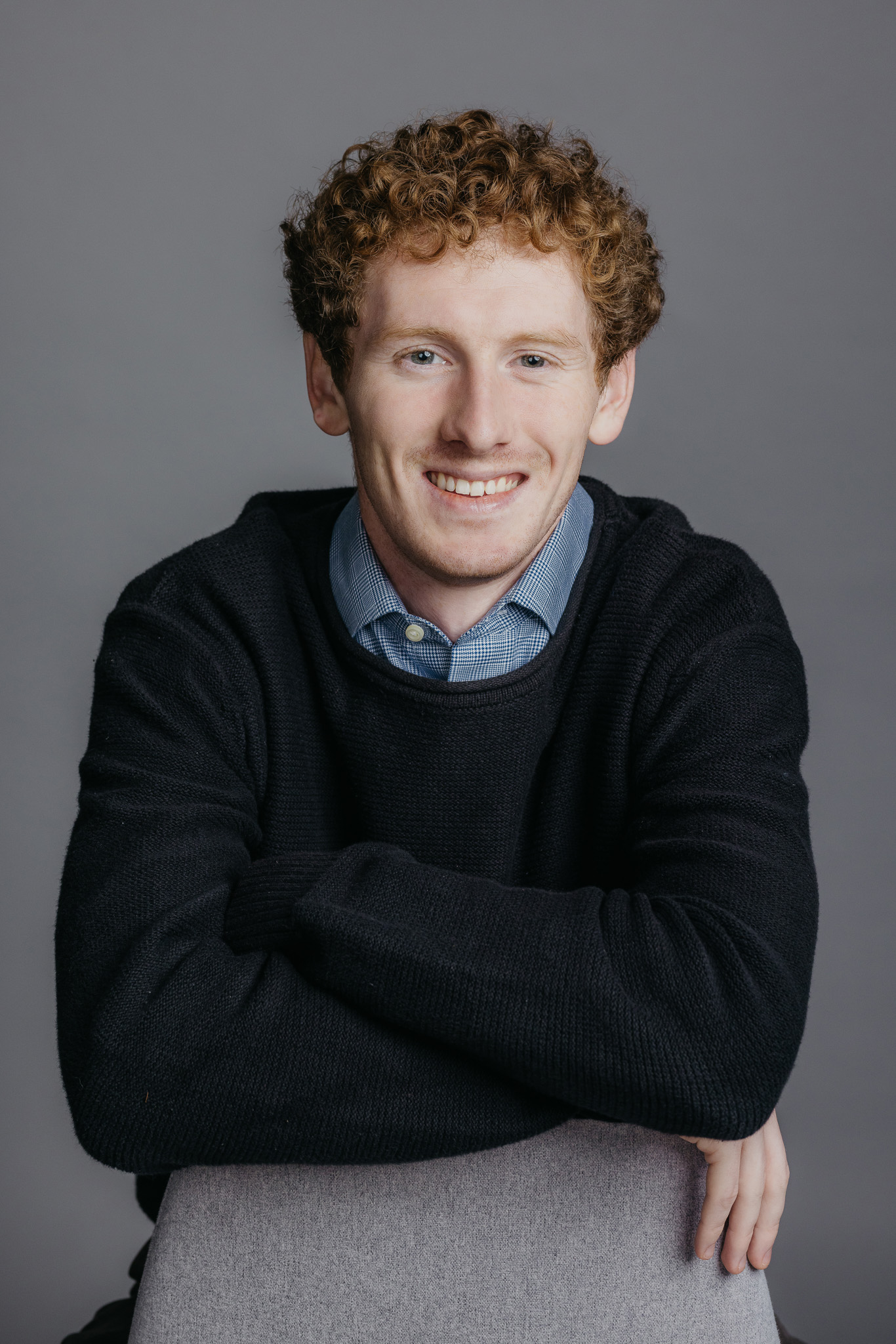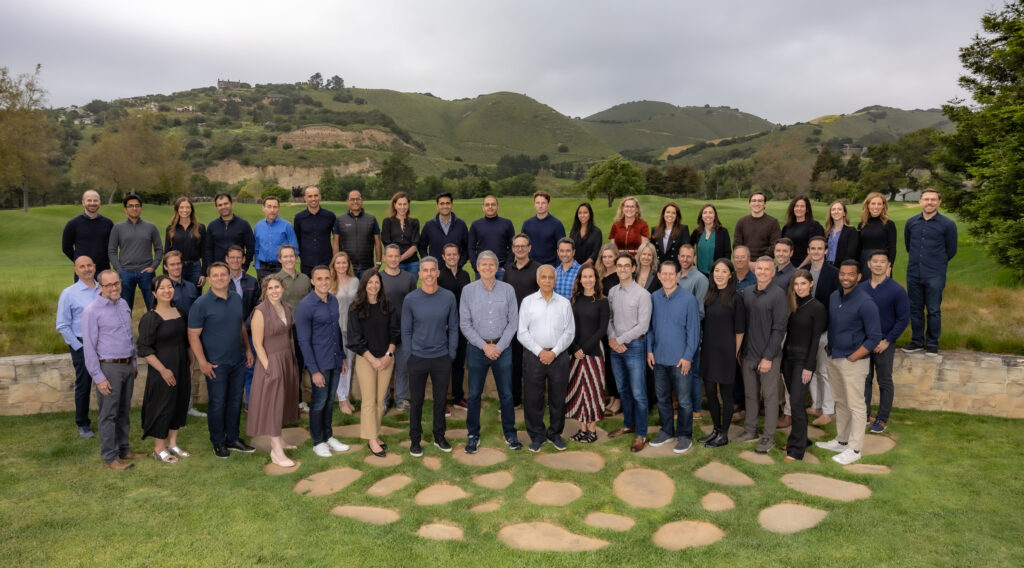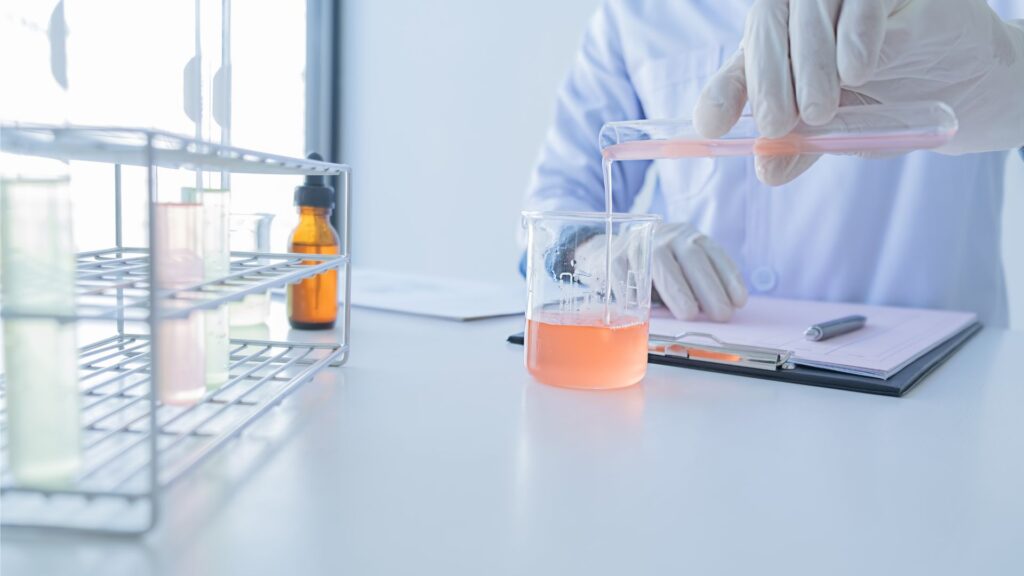Over the past year, Norwest’s continuous clinical research strategy has identified significant medical unmet need and opportunity in autoimmune disease. Autoimmune diseases cause a person’s natural defenses to attack the body instead of protecting it. The 100 or so autoimmune diseases – including multiple sclerosis (MS), lupus, rheumatoid arthritis (RA), and ulcerative colitis (UC) to name a few – affect some 50 million people in the U.S. The effects of these diseases can be devastating.
While there have been advances addressing some of the more common diseases such as RA or UC, patients are still suffering, especially when it comes to less common conditions. For example, one of the most severe autoimmune disorders, chronic inflammatory demyelinating polyneuropathy (CIDP), is a gradual weakening of the extremities that leads to loss of feeling, balance, and reflexes. If untreated, patients eventually lose significant levels of strength and sensation, leaving them wheelchair-bound and unable to perform basic activities of daily life.
Nuvig Therapeutics is bringing a novel approach to treating some of the most debilitating and underserved autoimmune disorders like CIDP. And Norwest is proud to co-lead a Series B funding round for the company.
Drawbacks of Traditional CIDP Treatments
Most CIDP patients are treated with intravenous immunoglobulin (IVIg), a challenging therapy to tolerate, which limits its effectiveness. IVIg contains high-dose immunoglobulins that interact with immune cells – such as B cells, T cells, and macrophages – to suppress their activity and reduce inflammation. This can help prevent further damage to tissues.
IVIg is produced by separating immunoglobulins (antibodies) from plasma taken from donated blood. Generating just one dose of IVIg takes as many as 40 donations. Thousands of blood donors are needed to meet the required supply of IVIg, and the volume of blood donations in a given year can vary sharply. Shortages and rationing are common.
Moreover, delivering the antibodies is a complex process that is inconvenient for patients, who may require four-hour infusions two days every month. The high volume of fluid required per dose can limit the amount of IVIg that is tolerated by some patients. Side effects can include severe headaches, fever, chills, and in severe cases blood clots, kidney damage, and anaphylactic reactions. These drawbacks can lead to underdosing, which may limit clinical effectiveness.
These IVIg challenges result in significant unmet medical need for CIDP patients. And this underscores the importance of new, innovative therapies that simplify treatment while retaining high levels of clinical effectiveness and safety.
Nuvig’s Novel Approach Shows Great Promise
To address the shortcomings of IVIg, Nuvig developed NVG-2089, a manufactured antibody fragment that mimics the action of IVIg in a highly concentrated form. By isolating and enhancing the active component in IVIg, NVG-2089 can achieve comparable efficacy at one-tenth the dose. This means shorter infusion times (about two hours once a week) and improved tolerance. The result is greater convenience for patients with no loss of therapeutic efficacy.
Equally significant is Nuvig’s use of synthetic manufacturing, which eliminates the need for costly blood donations. NVG-2089 thus will not face the supply shortages and rationing that often accompany IVIg.
Building on IVIg’s long history of efficacy and safety, Nuvig’s therapy has demonstrated similar effects in animal studies and currently is in early-stage trials in healthy volunteers. So far, the safety profile has been excellent. We believe the compelling differentiation of NVG-2089 compared to IVIg should encourage rapid commercial uptake after FDA approval.
Cost containment is another positive aspect of Nuvig’s approach. Without vulnerability to blood donation shortages, the threat of price increases will likely disappear. And the option for subcutaneous injections may eliminate prolonged infusion times.
A Strong Team and an Attractive Opportunity
The promise of NVG-2089 is bolstered by a strong management team. Nuvig Co-Founder and Chief Scientific Officer Pamela Conley, PhD, has over 30 years’ experience in biotech, with major achievements in research, therapy development, and corporate leadership. Other members of senior management also have a strong record of bringing novel therapies to the market and building successful companies.
The market opportunity in front of the team is significant. IVIg generates over $12 billion in annual sales, with more than 100,000 patients receiving recurring treatments. Moreover, CIDP is only one of several diseases for which IVIg is the first-line therapy.
It’s no wonder Nuvig has attracted such an impressive set of co-investors, including Novo, Platanus, Sanofi, and Blue Owl. In addition to Sanofi, another large pharmaceutical company has made a sizable equity investment.
Bringing Hope to Millions
Nuvig Therapeutics fulfills all our criteria for a healthcare investment. By applying innovation to resolve the drawbacks of IVIg therapy while maintaining its effectiveness, its approach has significant promise to improve the lives of millions struggling with autoimmune diseases.
We are proud to welcome the Nuvig team to the Norwest healthcare portfolio as they work toward bringing to market a much-needed breakthrough treatment.
Nuvig is just one of Norwest’s investments in companies applying innovative solutions to some of healthcare’s greatest challenges. If you are building such a company, we want to hear from you. Contact Zack Scott MD or Tiba Aynechi PhD.

